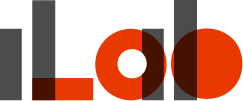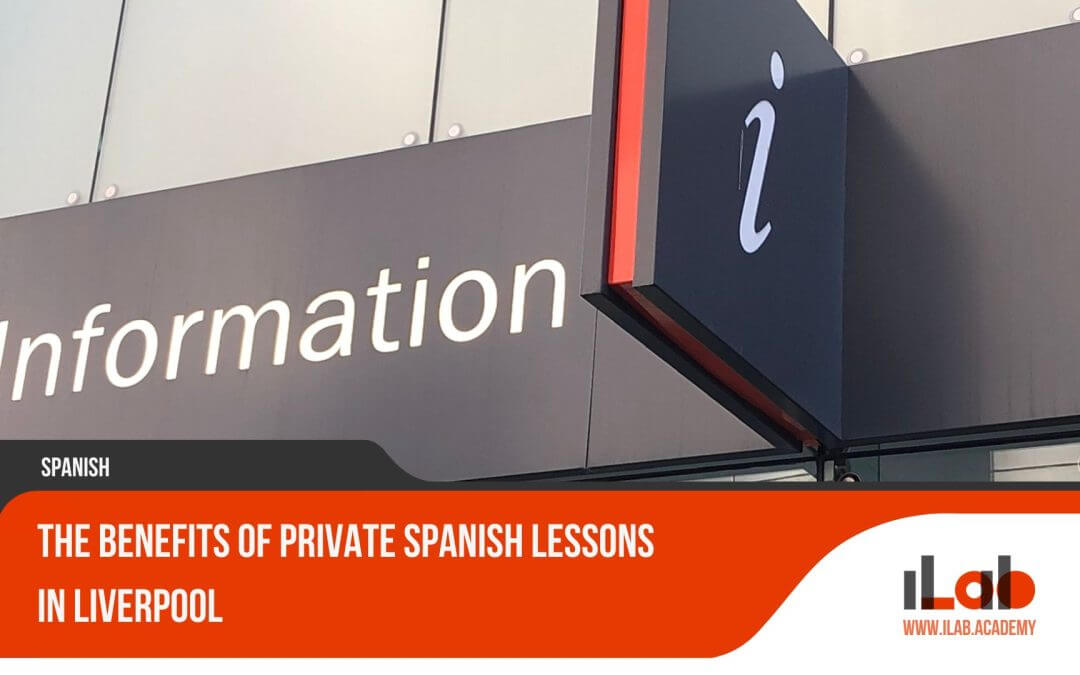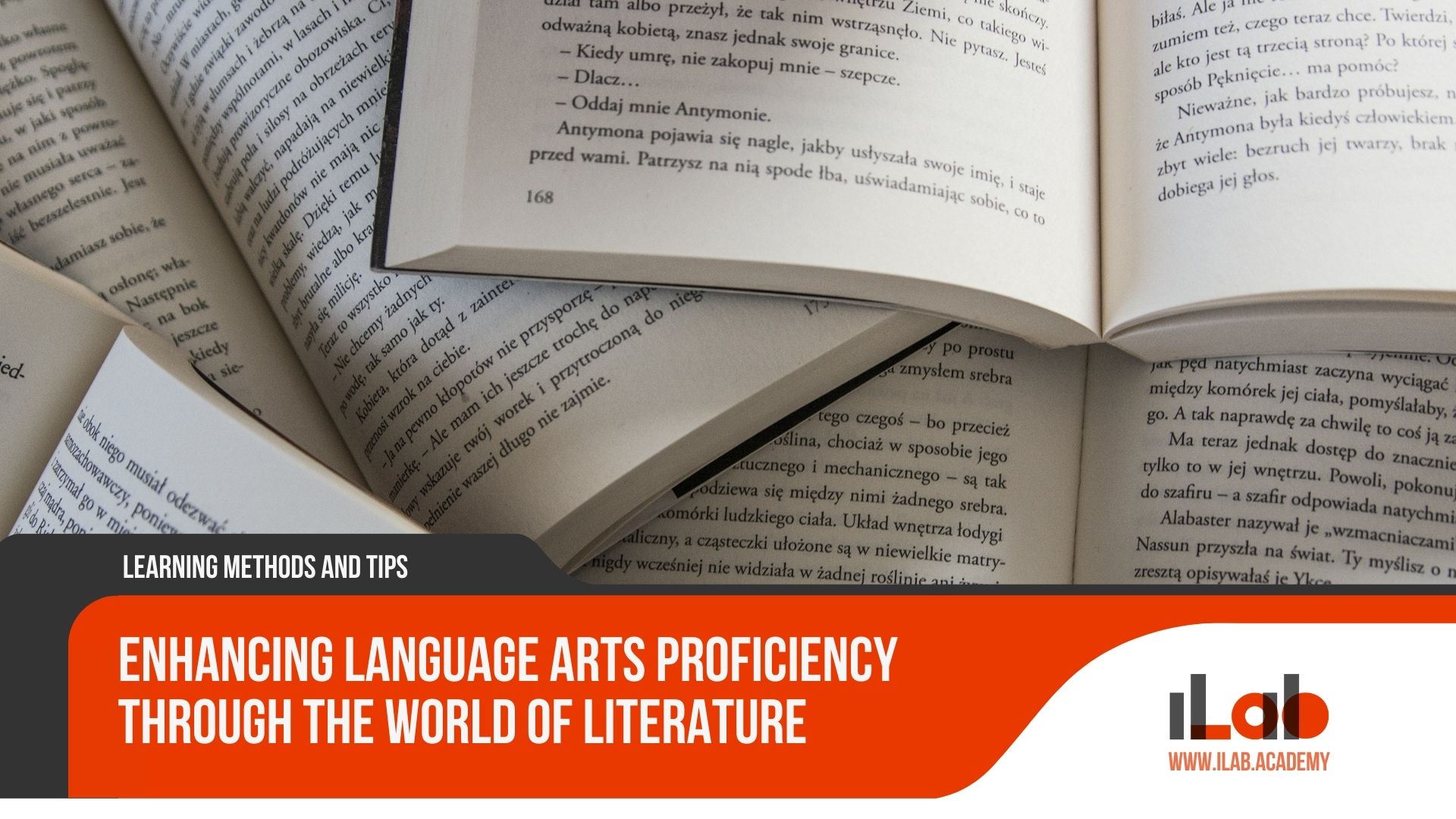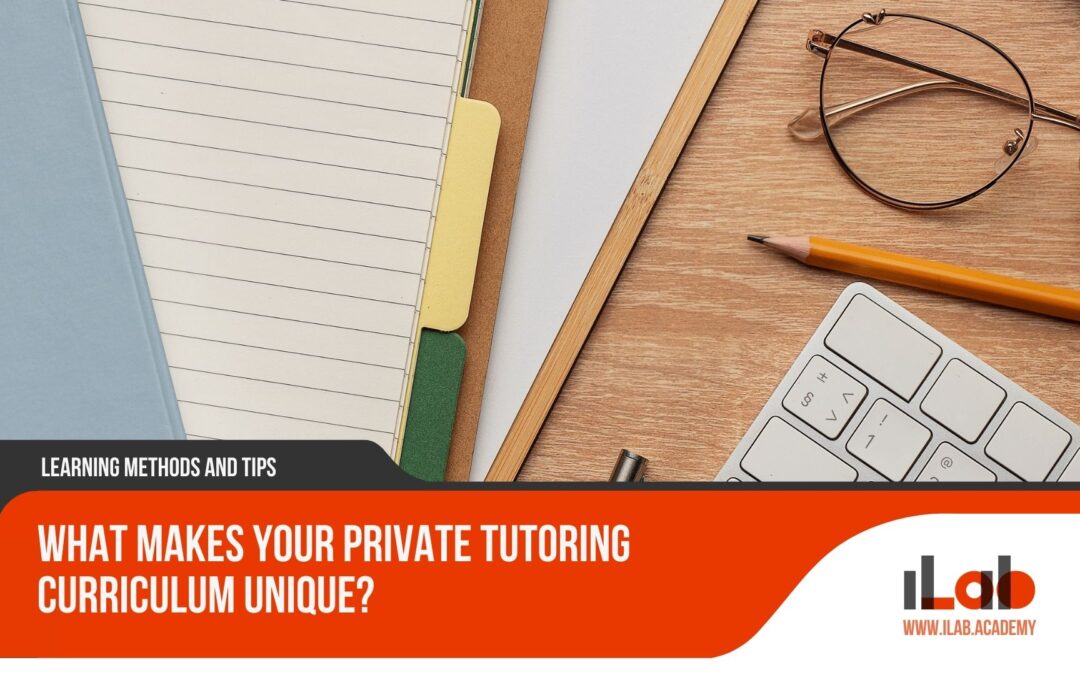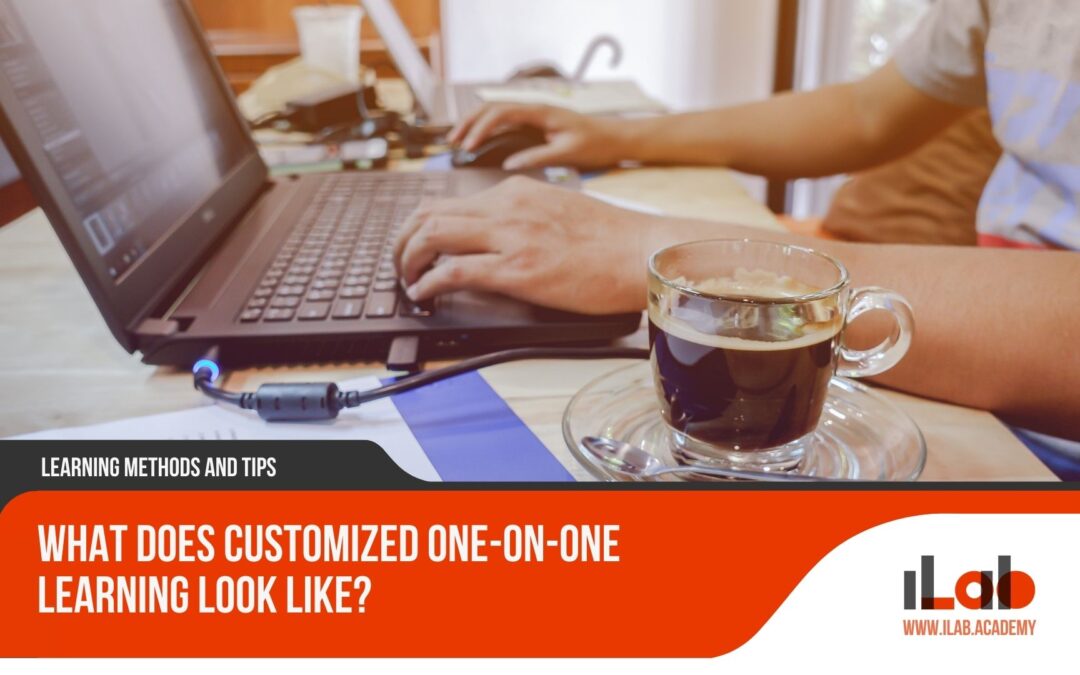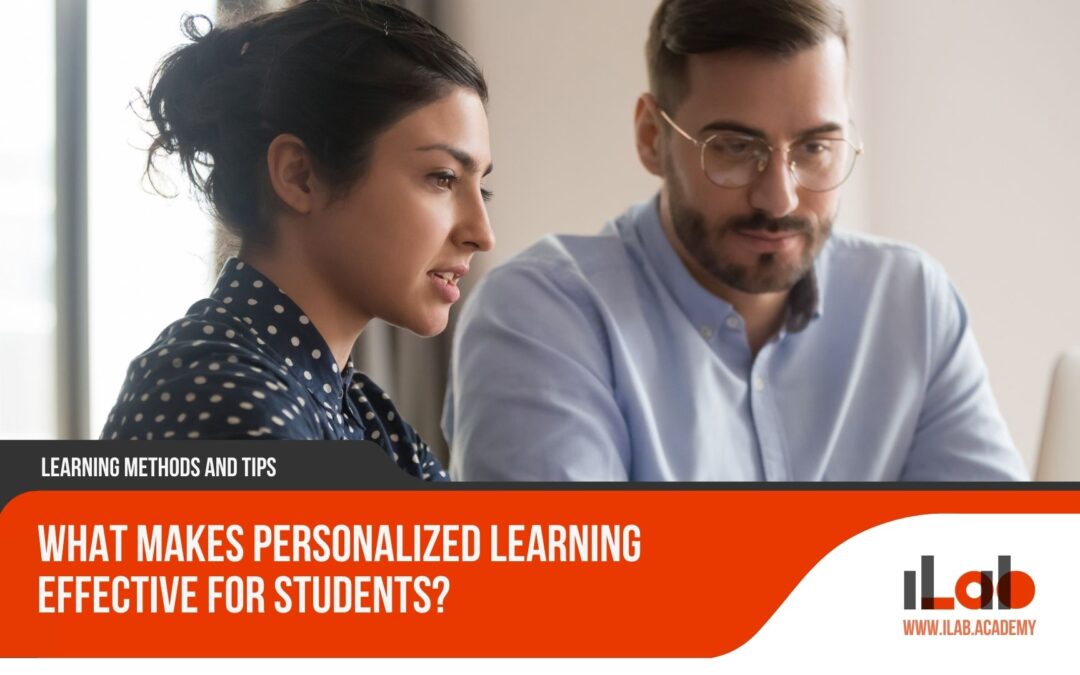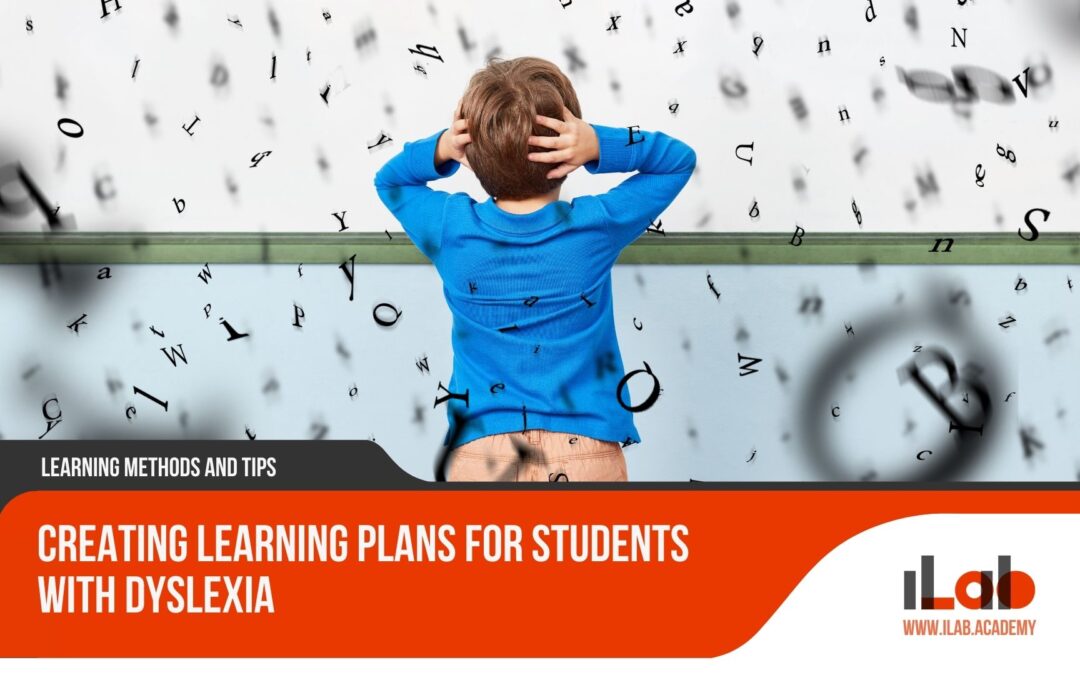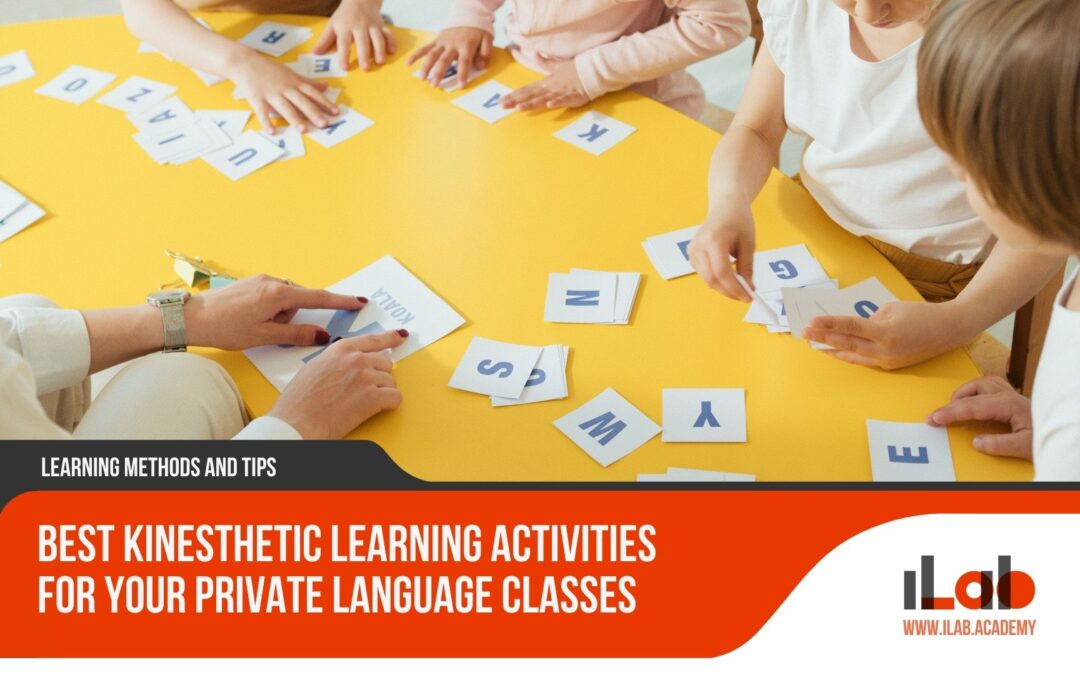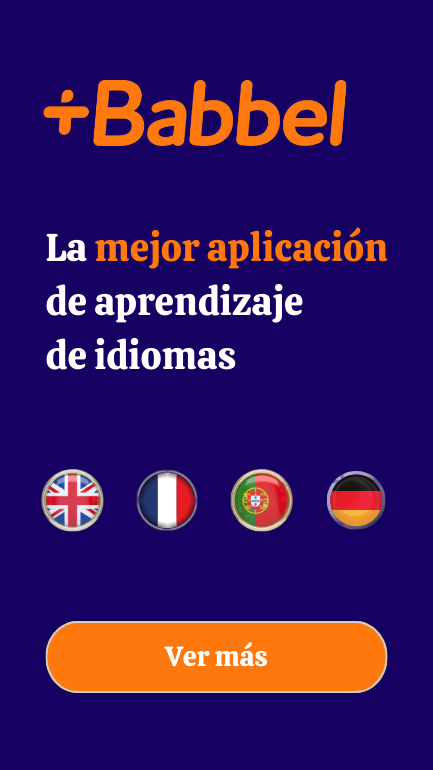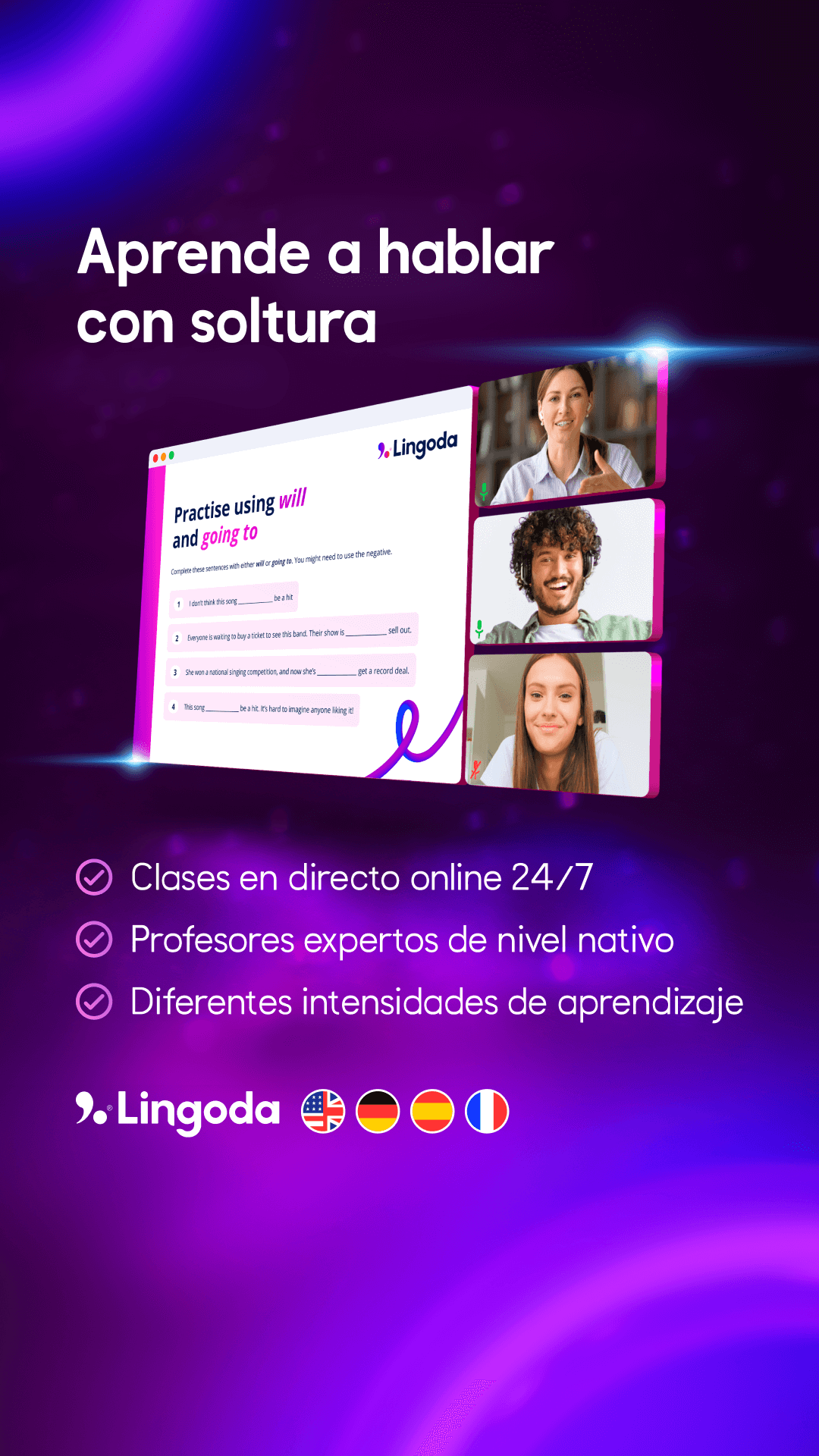Table of contents
Navigating the ocean of knowledge can be daunting, but bespoke content for your private classes is the compass that guides you straight to the treasure. I’ve found that personalized learning materials grab my attention and speak directly to my interests, making the process far more engaging. When I tailor my study content, it’s like having a conversation with a wise friend who knows exactly what I need. This crafted approach allows me to learn at my own pace, focusing on areas where I’m most passionate or need the most improvement. It’s a strategy that not only keeps me motivated but also ensures I’m making the most of my time and effort. Let me show you how customizing your learning experience can make all the difference in mastering new skills and knowledge.
Key Takeaways
- Enhanced engagement through personal relevance: Bespoke content in private language classes can increase engagement by integrating topics and materials that are directly relevant to the student’s interests or current events, making the learning experience more enjoyable and meaningful.
- Accelerated learning with tailored difficulty levels: Personalized content can be adjusted to the appropriate difficulty level for each student, ensuring that they are neither bored nor overwhelmed. By keeping students within their optimal learning range, bespoke content helps to accelerate the learning process.
- Better learning outcomes with curriculum flexibility: A rigid curriculum can hinder progress, but bespoke content can evolve alongside the student’s progress, allowing for modifications based on their learning style and pace. This flexibility leads to better learning outcomes.
- Greater motivation from personal investment: Bespoke content recognizes the personal needs and goals of learners, increasing their motivation. By involving students in the learning process and providing autonomy, competence, and relatedness, customized materials can enhance motivation and effort.
Enhanced Engagement Through Personal Relevance
While I’ve found that standardized materials often fall short in capturing students’ interest, bespoke content tailored to an individual’s passions and life circumstances significantly boosts engagement in private language classes. Engagement is the lifeblood of effective learning; it’s what anchors the concepts in a student’s mind and makes the hours of study worthwhile. When I teach, I aim to weave in topics that resonate personally with my students, whether they’re professionals looking to master industry lingo or travelers eager to converse fluently on their adventures.
Imagine a business executive who needs to negotiate in Spanish; for them, a bespoke curriculum that includes specific business negotiation phrases and cultural insights will be far more engaging than a generic textbook. Similarly, a student planning a trip to France will be more captivated by learning how to navigate conversations in a French market or discussing current events in Paris, rather than drilling through generic language exercises.
I’ve seen how customizing the content to include current events and cultural nuances not only keeps lessons interesting but also reinforces the relevance of what’s being learned. It’s a dynamic approach that aligns with the student’s immediate needs and interests, transforming passive learning into an active, immersive experience.
Moreover, this personalized method helps students see the direct impact of their learning, which can be incredibly motivating. They’re not just acquiring a language; they’re unlocking the tools to achieve their personal and professional goals. Now, let’s consider how this engagement is further enhanced when the difficulty level of materials is precisely tailored to challenge the learner just enough to promote growth, which is where the concept of ‘accelerated learning with tailored difficulty levels’ comes into play.
Accelerated Learning with Tailored Difficulty Levels
Crafting content that precisely aligns with a student’s current abilities accelerates their learning by keeping challenges within a manageable range. When I design bespoke material for my students, I aim for that sweet spot—where the content is neither too easy to be boring nor too hard to be discouraging. This approach is rooted in the educational theory known as the ‘Zone of Proximal Development’ (ZPD), which states that optimal learning occurs when tasks are just beyond a student’s current mastery level but still within reach with some guidance.
To illuminate the concept, consider the following nested bullet points:
Zone of Proximal Development (ZPD)
- It’s the difference between what a learner can do without help and what they can achieve with guidance.
- Bespoke content is tailored to fit right within this zone, ensuring continuous growth.
Adjusting Difficulty Levels
- For beginners, this might mean using familiar vocabulary in new sentences.
- For advanced learners, it could involve complex grammatical structures within topics they’re passionate about.
By carefully adjusting the difficulty levels, I ensure that my students are always progressing without hitting a demotivating wall or plateauing with overly simple tasks. This tailored approach leads to accelerated learning because students are constantly engaged with material that is relevant and appropriately challenging for their specific level.
Ultimately, my goal is to foster a learning environment where students feel both confident and challenged. They’re more likely to stick with their studies and, more importantly, they’ll enjoy the journey. That’s the beauty of bespoke content—it’s all about finding that perfect balance for each individual learner.
Better Learning Outcomes with Curriculum Flexibility
Throughout my experience in creating customized language curricula, I’ve observed that the rigid structure of traditional courses often impedes a student’s progression as their abilities and needs evolve. Standardized syllabi typically can’t pivot quickly to address the unique hurdles or sudden leaps in understanding that characterize the learning journey. In contrast, bespoke content is like clay in a potter’s hands, malleable and responsive to the learner’s growth. With the ability to tailor the curriculum, I ensure the subject matter remains relevant and challenging without overwhelming the student.
This approach isn’t just theoretical. I’ve seen firsthand how students thrive when the material adapts with them. One of my students, a budding entrepreneur, was initially stumped by business terminology. As I incorporated more industry-specific dialogue into our sessions, his confidence soared. The curriculum’s flexibility meant I could introduce complexities at just the right time, aiding his comprehension and retention.
Bespoke content not only aligns with the learner’s current level but also anticipates their trajectory. It’s about creating a learning path that isn’t just linear but dimensional, expanding in response to the student’s curiosity and capacity. This adaptability leads to better learning outcomes because it ensures that every lesson is significant and every challenge is surmountable. The curriculum evolves, reinforcing the student’s strengths and diligently addressing their weaknesses.
As the curriculum adjusts to the student’s evolving needs, there’s a deeper, more personal investment in the learning process. This investment naturally fosters greater motivation, setting the stage for the next section on how personalized content can lead to increased motivation through personal investment.
Greater Motivation from Personal Investment
Personalized learning content ignites my students’ motivation by acknowledging their unique goals and aspirations. When I tailor lesson plans to their specific interests, it’s not just about speaking a language; it’s about connecting with their personal, academic, or professional lives. This sense of ownership over the learning process creates a deeper personal investment, which in turn fuels their motivation to engage with the material.
By incorporating elements of self-determination theory into my teaching strategy, I foster an environment that supports autonomy, competence, and relatedness. Here’s how bespoke content aligns with these motivational factors:
Autonomy
- Students choose topics relevant to their interests.
- They have a say in the pace and direction of the course.
Competence
- Tasks are tailored to challenge their current skill level.
- Successes are celebrated, reinforcing their belief in their abilities.
Relatedness
- Content connects to their cultural or professional background.
- Lessons often include collaborative activities fostering peer connections.
When my students see themselves reflected in the content, their enthusiasm skyrockets. They’re more likely to tackle challenges head-on and persist through difficulties because the outcomes are directly meaningful to them. I’ve witnessed firsthand how involvement in content creation can lead to increased commitment and effort.
Focused Learning with Direct Application
While I design each lesson, I’m conscious of how directly applying language skills to real-world situations not only cements learning but also provides immediate value to my students’ lives. This approach of focused learning with direct application is a cornerstone of the bespoke content I advocate for. It’s about pinpointing the precise needs of a student and crafting scenarios for them to use their new language skills in ways that are immediately relevant and impactful.
For instance, if a student is preparing for a job interview in a foreign language, the vocabulary, idioms, and cultural nuances we focus on are chosen for their direct applicability. We simulate interviews, dissect job descriptions, and even role-play workplace interactions. This real-world application ensures that when the student steps into that interview room, they are not just recalling language from memory, but activating a suite of skills practiced in a context that mirrors the actual challenge they will face.
Here’s a table summarizing the benefits of this approach:
| Direct Application | Benefits |
|---|---|
| Job Interview Prep | Tailored vocabulary and confidence in specific scenarios. |
| Travel Planning | Practical communication skills for real-life use. |
| Presentation Skills | Language mastery in professional public speaking. |
| Cultural Immersion | Enhanced understanding and respect for nuances. |
| Networking Events | Strategic conversation skills in social professional contexts. |
Through this method, students experience the language as a living tool, not an abstract subject to be studied. It’s a dynamic process that readies them for real conversations, negotiations, and presentations.
Now, as vital as it is to have content that serves immediate needs, it’s equally crucial to adapt to how a student responds to this content. That’s why I always move forward into the next phase of learning: continuous adaptation to learner feedback.
Continuous Adaptation to Learner Feedback
I’ve found that the cornerstone of any successful bespoke curriculum is its adaptability, incorporating student feedback to tailor each lesson to their evolving needs. This continuous adaptation ensures that the course remains relevant and effective. As a language enthusiast and educator, I constantly seek ways to refine my teaching methods based on what my students tell me.
Here’s how I integrate feedback into my private classes:
Immediate Adjustments
- If a student finds a particular grammar point confusing, I can clarify it in the next session or provide additional practice materials.
- When a student shows interest in a specific topic, such as local cuisine, I can include more related vocabulary and cultural insights.
Long-Term Tweaks
- Tracking progress over time allows me to identify patterns in mistakes and successes, fine-tuning my approach to each individual’s learning style.
- As students’ goals evolve—perhaps shifting from general proficiency to business communication—I can adjust the content to match their new objectives.
Through this process, I ensure that the learning journey is a collaborative one. Students feel heard and see their input reflected in their studies, which, in turn, fosters a deeper connection to the material and a more personalized learning experience. The outcome is a dynamic course that grows with the learner, rather than a static path they must follow.
Transitioning now from the importance of responsiveness to feedback, let’s delve into the long-term value and return on investment that bespoke content offers. After all, the benefits of a tailored educational experience do not just stop at immediate learning gains; they extend far into the future, impacting career, personal development, and cultural understanding.
Long-term Value and Return on Investment
Frequently, I notice that students who invest in bespoke content for their language studies reap rewards that extend far beyond the duration of their initial classes. The immediate cost of personalized content might seem steep compared to standard courses, but the long-term value and return on investment are substantial. Tailored learning experiences not only cater to immediate needs but also build a robust foundation for future language use.
Let’s consider the long-term benefits of bespoke language content:
| Aspect | Standard Content | Bespoke Content |
|---|---|---|
| Relevance | Generalized topics | Personalized to individual |
| Progression | Fixed pace; may not align | Adjusts with learner’s pace |
| Mastery | Surface-level understanding | Deep, nuanced language grasp |
| Application | May not be directly applicable | Geared towards real-life usage |
| Career & Personal Growth | Limited by generic scope | Enhanced by specific skills |
Customized courses can lead to a stronger mastery of a language, which is invaluable for career advancement and personal growth. The skills I’ve acquired through personalized language studies have opened doors to diverse cultural experiences and professional opportunities that a more generic approach would not have afforded.
Moreover, the tailored nature of the content ensures that the language learned is not just for passing tests or ticking boxes. It’s for negotiating business deals, connecting with new friends, and exploring the world with confidence. Investing in bespoke content for language learning is not just about the present; it’s a strategic move for a richer, more competent linguistic future.
Frequently Asked Questions
How Do You Assess the Initial Level and Specific Needs of a Student to Create Bespoke Content for Their Private Classes?
I start by chatting with my student to understand their goals and interests. Then I use diagnostic tests to gauge their language level. I listen to their concerns and preferences, because it’s crucial to tailor the content to what they need and enjoy. This way, I create lessons that are not only effective but also engaging for them, ensuring that the classes are as beneficial and enjoyable as possible for their unique learning journey.
What Qualifications or Skills Should a Language Tutor Have to Effectively Develop and Deliver Bespoke Content?
I believe a language tutor should possess a deep understanding of language structures, creativity in lesson planning, and a keen sense of each student’s learning pace. It’s crucial to adapt lessons to individual needs, which means being patient, empathetic, and communicative. I also think strong cultural knowledge enhances the relevance of material, and being receptive to feedback allows for continuous course improvement. These skills help me craft and deliver content that truly benefits my students.
How Can Technology Be Utilized to Support the Creation and Delivery of Bespoke Content in Language Learning?
I believe technology plays a crucial role in creating and delivering tailored language content. It allows me to design interactive lessons that adapt to a student’s pace and interests. I can use software to track progress and provide instant feedback, making learning more efficient. Plus, online resources give me access to a vast array of materials to keep each lesson fresh and engaging, perfectly suited to every individual’s unique learning journey.
Can Bespoke Content Be Integrated Into Group Language Classes, or Is It Exclusive to One-On-One Teaching Environments?
I’ve found that bespoke content isn’t limited to one-on-one teaching; it can be incorporated into group classes too. By understanding each student’s needs, instructors can craft lessons that cater to the group while still addressing individual goals. It’s a balancing act, but with thoughtful planning, everyone can benefit from personalized material, making the learning experience more effective and engaging, even in a shared environment.
What Measures Can Be Taken to Ensure That Bespoke Content Remains Up-To-Date and Culturally Relevant Over Time?
To keep content current and culturally relevant, I’m always on the lookout for new developments. I integrate the latest news, trends, and cultural conversations into my materials. I also routinely review and update my resources to reflect changes in language use and societal norms. Seeking feedback from peers and learners helps me adjust content, ensuring it remains meaningful and engaging. It’s a dynamic process, but it’s essential for maintaining relevance.
Conclusion
In my language journey, bespoke content has been a game changer. It’s kept me hooked by aligning with my passions, and I’ve learned faster as materials matched my skill level. My achievements soared with a flexible curriculum that adapted to my feedback. This personal investment spurred my motivation, ensuring every lesson had direct relevance to my life. Ultimately, customizing my learning didn’t just make sense—it paid off, offering long-term value in my quest to master new languages.
